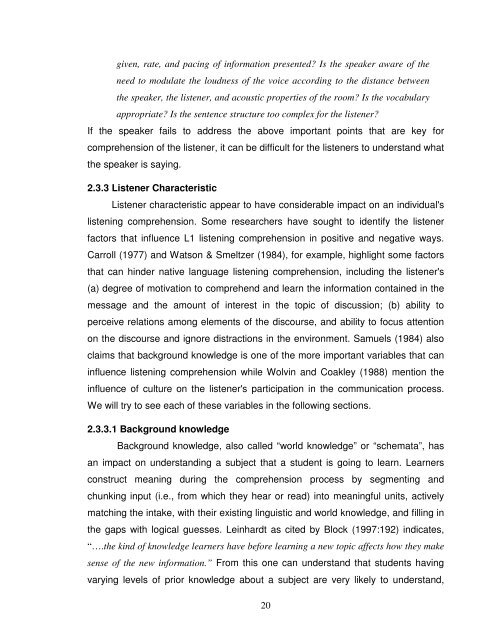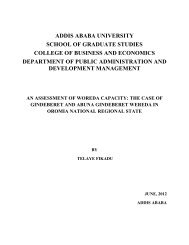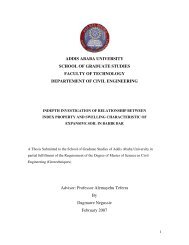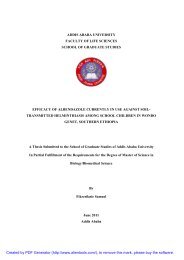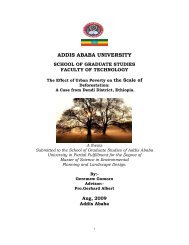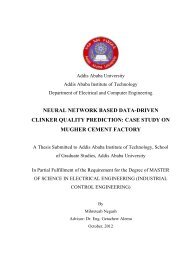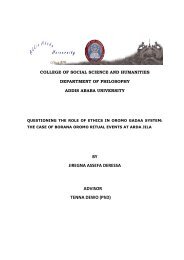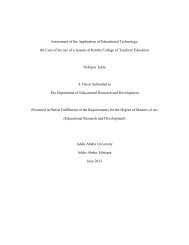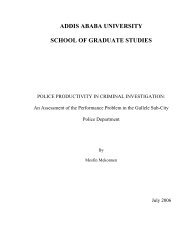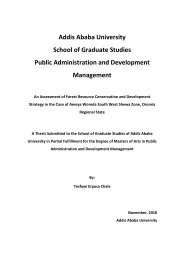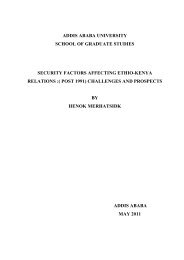FACTORS THAT CONTRIBUTE TO THE PROBLEMS EFL ...
FACTORS THAT CONTRIBUTE TO THE PROBLEMS EFL ...
FACTORS THAT CONTRIBUTE TO THE PROBLEMS EFL ...
Create successful ePaper yourself
Turn your PDF publications into a flip-book with our unique Google optimized e-Paper software.
given, rate, and pacing of information presented? Is the speaker aware of the<br />
need to modulate the loudness of the voice according to the distance between<br />
the speaker, the listener, and acoustic properties of the room? Is the vocabulary<br />
appropriate? Is the sentence structure too complex for the listener?<br />
If the speaker fails to address the above important points that are key for<br />
comprehension of the listener, it can be difficult for the listeners to understand what<br />
the speaker is saying.<br />
2.3.3 Listener Characteristic<br />
Listener characteristic appear to have considerable impact on an individual's<br />
listening comprehension. Some researchers have sought to identify the listener<br />
factors that influence L1 listening comprehension in positive and negative ways.<br />
Carroll (1977) and Watson & Smeltzer (1984), for example, highlight some factors<br />
that can hinder native language listening comprehension, including the listener's<br />
(a) degree of motivation to comprehend and learn the information contained in the<br />
message and the amount of interest in the topic of discussion; (b) ability to<br />
perceive relations among elements of the discourse, and ability to focus attention<br />
on the discourse and ignore distractions in the environment. Samuels (1984) also<br />
claims that background knowledge is one of the more important variables that can<br />
influence listening comprehension while Wolvin and Coakley (1988) mention the<br />
influence of culture on the listener's participation in the communication process.<br />
We will try to see each of these variables in the following sections.<br />
2.3.3.1 Background knowledge<br />
Background knowledge, also called “world knowledge” or “schemata”, has<br />
an impact on understanding a subject that a student is going to learn. Learners<br />
construct meaning during the comprehension process by segmenting and<br />
chunking input (i.e., from which they hear or read) into meaningful units, actively<br />
matching the intake, with their existing linguistic and world knowledge, and filling in<br />
the gaps with logical guesses. Leinhardt as cited by Block (1997:192) indicates,<br />
“….the kind of knowledge learners have before learning a new topic affects how they make<br />
sense of the new information.” From this one can understand that students having<br />
varying levels of prior knowledge about a subject are very likely to understand,<br />
20


